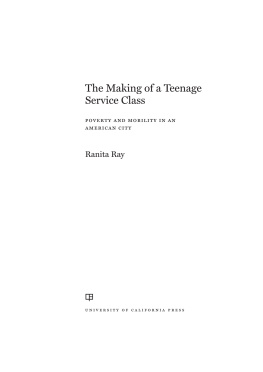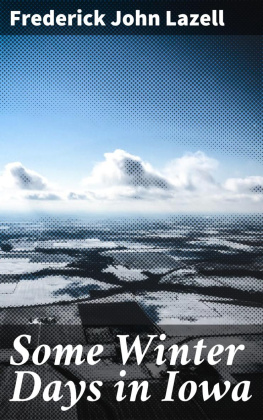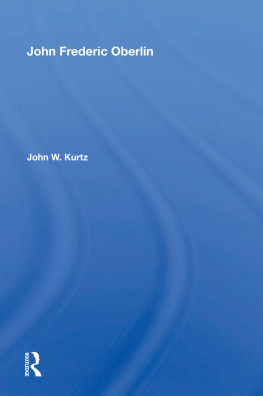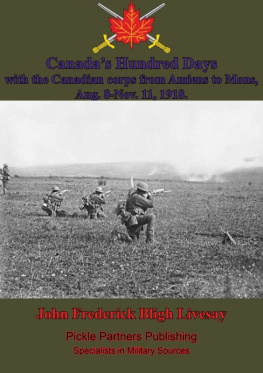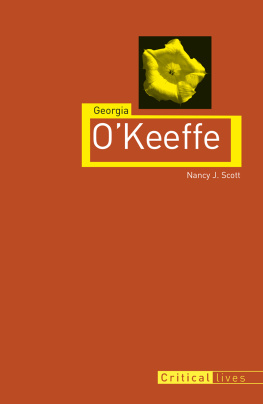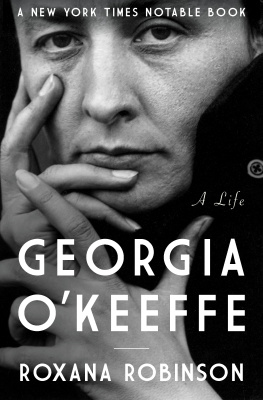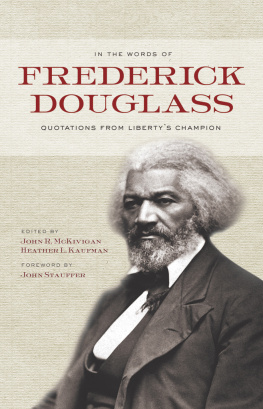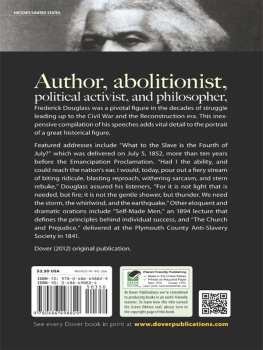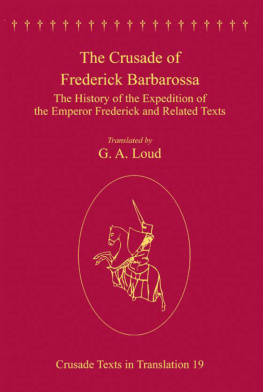Frederick M. Link - John OKeeffe - a bibliography
Here you can read online Frederick M. Link - John OKeeffe - a bibliography full text of the book (entire story) in english for free. Download pdf and epub, get meaning, cover and reviews about this ebook. City: Lincoln, Neb., year: 1983, publisher: University of Nebraska, genre: Politics. Description of the work, (preface) as well as reviews are available. Best literature library LitArk.com created for fans of good reading and offers a wide selection of genres:
Romance novel
Science fiction
Adventure
Detective
Science
History
Home and family
Prose
Art
Politics
Computer
Non-fiction
Religion
Business
Children
Humor
Choose a favorite category and find really read worthwhile books. Enjoy immersion in the world of imagination, feel the emotions of the characters or learn something new for yourself, make an fascinating discovery.
- Book:John OKeeffe - a bibliography
- Author:
- Publisher:University of Nebraska
- Genre:
- Year:1983
- City:Lincoln, Neb.
- Rating:4 / 5
- Favourites:Add to favourites
- Your mark:
- 80
- 1
- 2
- 3
- 4
- 5
John OKeeffe - a bibliography: summary, description and annotation
We offer to read an annotation, description, summary or preface (depends on what the author of the book "John OKeeffe - a bibliography" wrote himself). If you haven't found the necessary information about the book — write in the comments, we will try to find it.
John OKeeffe - a bibliography — read online for free the complete book (whole text) full work
Below is the text of the book, divided by pages. System saving the place of the last page read, allows you to conveniently read the book "John OKeeffe - a bibliography" online for free, without having to search again every time where you left off. Put a bookmark, and you can go to the page where you finished reading at any time.
Font size:
Interval:
Bookmark:

The publisher and the University of California Press Foundation gratefully acknowledge the generous support of the Barbara S. Isgur Endowment Fund in Public Affairs.
Ranita Ray

UNIVERSITY OF CALIFORNIA PRESS
University of California Press, one of the most distinguished university presses in the United States, enriches lives around the world by advancing scholarship in the humanities, social sciences, and natural sciences. Its activities are supported by the UC Press Foundation and by philanthropic contributions from individuals and institutions. For more information, visit www.ucpress.edu.
University of California Press
Oakland, California
2018 by Ranita Ray
Parts of chapter 3 appeared in Exchange and Intimacy in the Inner City: Rethinking Kinship Ties of the Urban Poor, Journal of Contemporary Ethnography 45, no. 3 (2016): 34364. Parts of chapter 4 appeared in Identity of Distance: How Economically Marginalized Black and Latina Women Navigate Risk Discourse and Employ Feminist Ideals, Social Problems , forthcoming.
Library of Congress Cataloging-in-Publication Data
Names: Ray, Ranita, author.
Title: The making of a teenage service class : poverty and mobility in an American city / Ranita Ray.
Description: Oakland, California : University of California Press, [2018] | Includes bibliographical references and index.
Identifiers: LCCN 2017019115| ISBN 9780520292055 (cloth : alk. paper) | ISBN 9780520292062 (pbk : alk. paper) | ISBN 9780520965614 (ebook)
Subjects: LCSH : Poor youthUnited StatesCase studies. | Urban youthUnited StatesCase studies. | PovertyUnited States. | African American studentsEducationCase studies. | Hispanic American studentsEducationCase studies.
Classification: LCC HV 1431 . R 39 2018 | DDC 362.7092/69420973dc23
LC record available at https://lccn.loc.gov/2017019115
Manufactured in the United States of America
27 26 25 24 23 22 21 20 19 18
10 9 8 7 6 5 4 3 2 1
For my sister, Ria, my Dadu Satyendra and my Dida Chanda.
One fine day, a long, long time ago, while I was knee-deep in fieldwork, Andrew Deener casually started referring to it as the book. All the painful anxiety this book has caused is thanks to him. I am only partially serious. There were many moments of pleasure and gratification that came along with the anxiety. Actually, now that I can allow myself some nostalgia as I write this last bit of the book, I recall fondly the intense joys of solidarity, allegiance to a cause, and unconditional familial love I experienced in Port City. In fact, I relished my fieldwork, and I owe to my Port City friends and family my passion, my words, and my identity as a sociologist. It was with my Port City friends and family that I nurtured intersectional brown solidarity.
I would also like to thank Andrew Deenerhis love for the discipline, wide breadth of knowledge, and talent as an ethnographer deeply shaped my work. Andrew always pushed me to reach for things that I thought I could not, and I owe him for that confidence in me. I also owe him for always thinking through my ideas with care, rigor, and a critical eye while also assuring me of its significance. My other mentors, Bandana Purkayastha and Claudio Benzecry, were in my corner from day onepushing me to write, think in new ways, and meet the benchmarks. They nourished my love for sociology and paved the way for this book in crucial ways. Bandana worked hard to ensure my progress in the program when an ongoing research project fell through due to technical issues and I had to start from scratch, and she painstakingly taught me the ways of U.S. academia, including navigating its exclusionary mechanisms while still finding joy and meaning in my own work. Claudio was always available to think through my ideas and provide new directions. He also often ensured that I was included in academic spaces I would otherwise avoid. A special shout-out also to my mentor Gaye Tuchman, the coolest professor I knew in graduate school who told me the feelings were mutual. (I am only kidding. I might have just dreamt this.) Gaye read my work and was always available to share her intellect and humor.
Clinton Sanders, Manisha Desai, and Davita Glasberg were fantastic teachers and friends in different ways. I am grateful to them for their wisdomI will carry it with me forever. I owe immense gratitude to my professors at Presidency and Calcutta University, India, Prasanta Ray, Dalia Chakrabarti, and Swapan Kr. Bhattacharyya, for teaching me sociology in ways that I never learned again. I carry them with me. At UConn, I also received the National Science Foundation Dissertation Improvement grant, Dean Ross MacKinnon Award for Excellence in Research, and the Hira Jain Scholarship, which helped me finish my research. My family of friends at UConn, Shweta Majumdar Adur, Chandra Waring (Ch), and Koyel Khan, saw me through thick and thin, giving me love, care, laughter, and unconditional friendship, and they have made the journey of life pleasurable. Without them as part of my family, life would not be as fulfilling. I owe them for more than this book. Other graduate school friends and comrades, many of whom had come, by themselves, from different parts of the world, just like I had, including Maxim Polonsky, Francisco Quintana, Sotirios Kentros, Trisha Tiamzon, Miho Iwata, and Lwendo Moonzwe, offered their sharp insights, deep friendships, and support as I conducted this ethnography. More importantly, they turned me into that person who constantly reminisces about graduate school. The wine (and other similar things), the study hours, and the deep tte--ttes will always be with me.
I brought this book with me to the University of Nevada, Las Vegas, to dwell some more in the painful anxiety. Georgiann Davis, Robert Futrell, Michael Ian Borer, and David Dickens kept up the pressure, and read proposals and whatnot until I sent it out. Georgiann Davis, Robert Futrell, and Barb Brents allowed me to talk them into reading the 120,000-word manuscript and pushed this book to a different level. I cannot thank Georgiann Davis and Robert Futrell enough for their thorough comments on the full manuscriptfor the next ten years I will buy you bourbon at happy hour, Robert, iced tea for you, Georgiann, to pay off my debt. I also benefited from countless other supportive colleagues who offered their intellectual support and friendship, including Christie Batson, Lynn Comella, Manoucheka Celeste, Brandon Manning, Constancio Arnaldo, Norma Marrun, Mark Padoongpatt, and Anita Revilla. My graduate and undergraduate students continue to remind me of the urgency of the work, and together, we continue to nourish the love for ideas and debates.
I am also indebted to esteemed colleagues outside of my university homes for their sharp insights and intellectual rigor, as well as other forms of gracious help with this work. My deep gratitude to Annette Lareau, Kathryn Edin, Randol Contreras, Lorena Garcia, Jessica Fields, Catherine Connell, Timothy Black, and Victor Rios. While I did not know all of these scholars personally, I relied on each of them for support. I have also benefited tremendously from the editorial direction and anonymous feedback I received over the years as I published articles from this work in Journal of Contemporary Ethnography and Social Problems. It truly shaped the book in crucial ways.
Font size:
Interval:
Bookmark:
Similar books «John OKeeffe - a bibliography»
Look at similar books to John OKeeffe - a bibliography. We have selected literature similar in name and meaning in the hope of providing readers with more options to find new, interesting, not yet read works.
Discussion, reviews of the book John OKeeffe - a bibliography and just readers' own opinions. Leave your comments, write what you think about the work, its meaning or the main characters. Specify what exactly you liked and what you didn't like, and why you think so.

